Teeth Whitening Cost NJ Overview
Teeth whitening has become increasingly popular as people seek to enhance their smiles and boost their confidence. In New Jersey, the demand for teeth whitening services is high, leading to a variety of options and, consequently, varying costs. Understanding the factors that influence the price of teeth whitening in NJ is crucial for making an informed decision. This guide will break down the different aspects of teeth whitening costs, from professional treatments to at-home solutions, helping you navigate the landscape and find the best option for your needs and budget. Knowing the average costs, the influencing factors, and the various types of treatments available will empower you to make the right choice for a brighter, more confident smile. We’ll explore the nuances of different procedures, the importance of dentist reputation, and the long-term considerations to ensure you achieve and maintain your desired results. Considering the costs alongside the benefits helps ensure a satisfying and effective teeth whitening experience. So, lets dive in.
What Impacts Teeth Whitening Cost in NJ
Several factors contribute to the cost of teeth whitening in New Jersey. These include the type of treatment, the location of the dental practice, the experience and reputation of the dentist, and any additional services required. Different whitening methods have different price points, with professional in-office treatments typically being more expensive than at-home kits. Furthermore, the complexity of the procedure and the time it takes to complete can also affect the overall cost. Understanding these influencing factors allows you to budget effectively and set realistic expectations. The expertise of the dental professionals and the technology used are also major components that contribute to overall price. For instance, a practice using the latest whitening technology or offering additional cosmetic services might charge a higher price than a basic clinic. Also consider the reputation and location of the clinic. These are all very important factors to be considered when making the decision on where to get your teeth whitened.
Type of Whitening Treatment
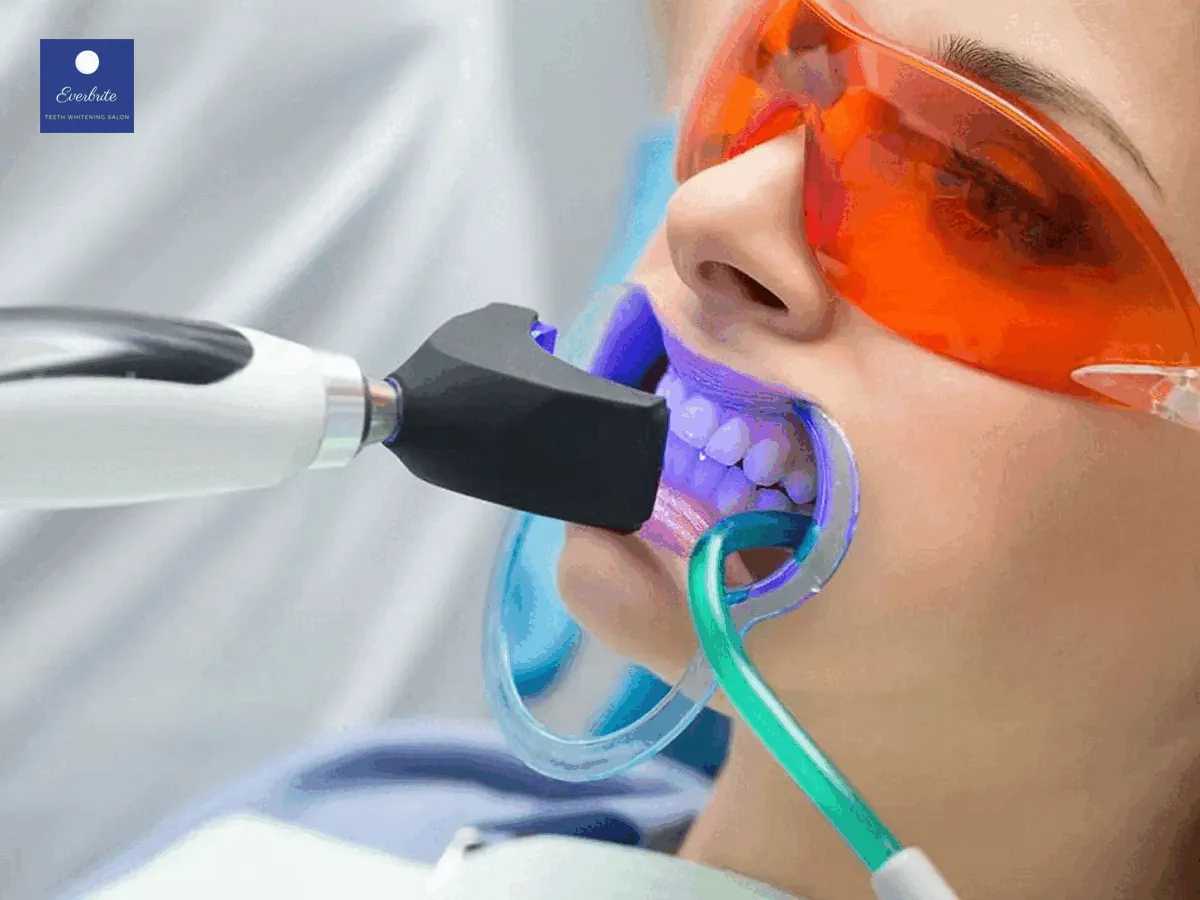
The primary determinant of teeth whitening cost is the type of treatment chosen. There are two main categories professional whitening and home whitening kits. Each comes with its own set of advantages, disadvantages, and associated costs. The choice between the two depends on individual preferences, the severity of staining, and budget constraints. Professional treatments, performed in a dental office, offer more immediate and dramatic results, while at-home kits are a more budget-friendly option that requires more time and commitment. The choice of treatment ultimately influences the final cost and the level of convenience and effectiveness experienced by the patient. Understanding the differences between the various treatments allows you to select the most suitable approach for a brighter, whiter smile.
Professional Whitening
Professional teeth whitening is typically the most expensive option, but it also offers the most significant results in the shortest amount of time. These treatments are performed in a dentist’s office and involve the use of high-concentration bleaching agents, often combined with special lights or lasers to accelerate the whitening process. The cost includes the dentist’s expertise, the use of advanced equipment, and the convenience of having the procedure done under professional supervision. While the initial investment is higher, the results are often more dramatic and last longer than at-home treatments. Professional whitening is an excellent option for individuals seeking a quick and effective solution to significantly whiten their teeth. Its cost is a reflection of the specialized care, advanced technology, and immediate results it delivers.
In-Office Whitening Procedures
In-office whitening procedures typically involve the application of a strong bleaching agent to the teeth, which is then activated by a special light or laser. The entire process, including preparation and application, usually takes about an hour to complete. Dentists often use a protective barrier to shield the gums and soft tissues from the bleaching agent. The number of sessions required depends on the severity of the stains and the desired level of whitening. The cost of in-office procedures covers the dentist’s fees, the use of specialized equipment, and the high-quality bleaching agents. This option is favored for its effectiveness and the immediate boost it gives to a person’s smile, but the increased cost needs to be considered. The benefits include immediate results, professional supervision, and often, longer-lasting effects than those achieved with at-home kits. The specific price depends on the dentist’s fees and the technology used.
Home Whitening Kits
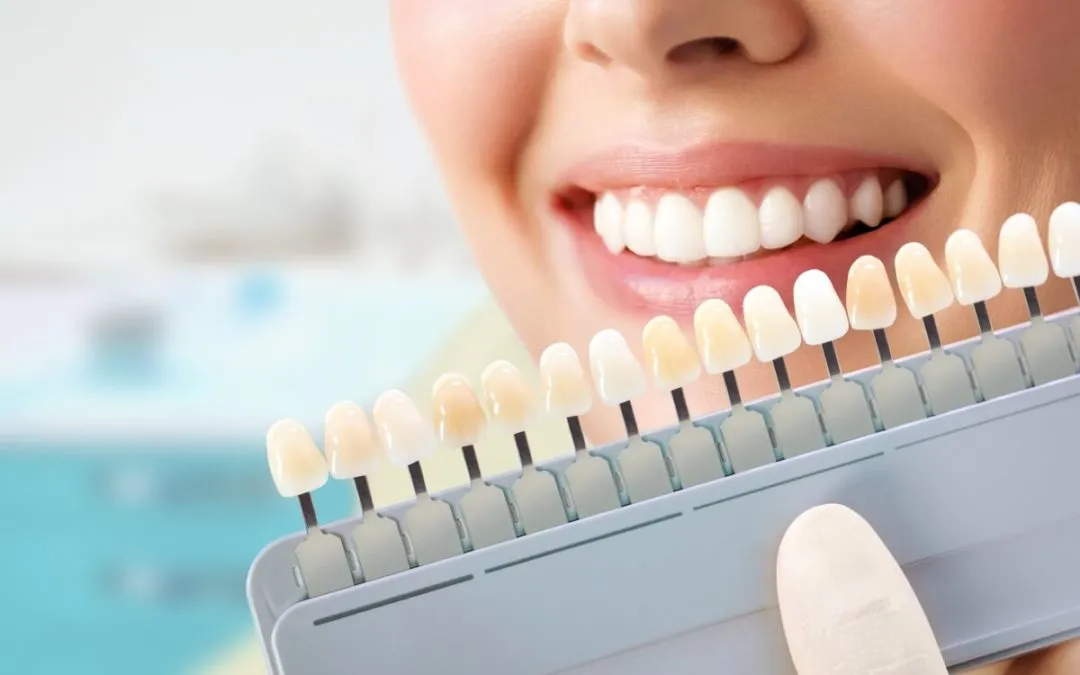
Home whitening kits provide a more affordable alternative to professional treatments. These kits typically include custom-fitted trays or strips filled with a lower concentration of bleaching agent. The patient applies the whitening solution at home, following the dentist’s instructions. While home kits are less expensive than professional treatments, they require more time and consistency to achieve noticeable results. The cost includes the kit itself, which is often provided by the dentist, and any follow-up appointments for monitoring the progress. The advantages of home whitening include convenience and cost-effectiveness, allowing patients to whiten their teeth at their own pace. However, the results may not be as dramatic, and the process requires patient compliance and patience. The price can vary depending on the type of kit and any additional services provided by the dentist.
Location and Dentist Reputation
The location of the dental practice plays a significant role in determining the cost of teeth whitening. Practices located in affluent areas or cities with a higher cost of living often charge more for their services. Additionally, the dentist’s reputation and experience can also influence the price. Dentists with a strong reputation and extensive experience in cosmetic dentistry may charge a premium for their services. Patients often pay a higher price for the assurance of quality, expertise, and potentially better results. Researching and comparing the prices of different dental practices in your area is essential to find the best balance between cost and quality. It is not just about finding the cheapest option, but also finding a dentist with a proven track record and a commitment to excellent patient care. Always look at reviews, check for accreditations and see what other patients are saying about their experiences.
Factors Influencing Cost
Several factors can influence the overall cost of teeth whitening. The severity and type of stains, the number of teeth being treated, and any additional services required all play a role. For example, if the stains are caused by deep-seated discoloration, more intensive treatments may be needed, increasing the cost. If only a few teeth need to be whitened, the cost will likely be lower compared to whitening a full set. In addition, any preliminary procedures, such as cleaning or treating gum disease, will add to the overall expense. Understanding these factors enables you to make more informed decisions and to budget accordingly. Before undergoing any teeth whitening procedure, it’s essential to discuss your expectations and the potential cost with your dentist to avoid any surprises. Being clear and transparent about the possible costs is a crucial aspect of teeth whitening.
Treatment Complexity and Duration
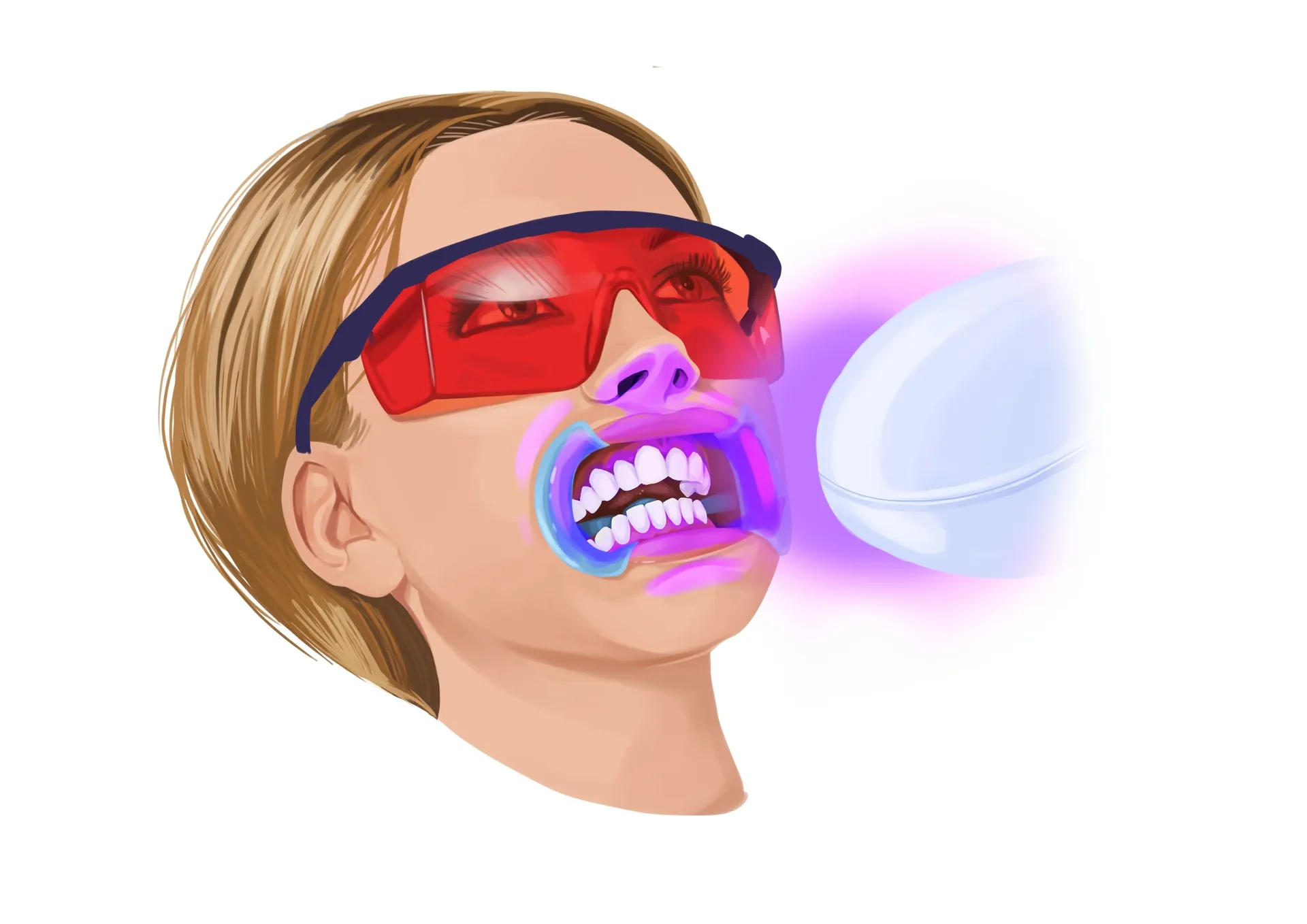
The complexity of the teeth whitening treatment and its duration are significant determinants of the overall cost. Complex cases that require multiple sessions or specialized treatments will naturally cost more. The length of each session and the total number of visits needed directly impact the professional fees and the amount of materials used. Simple cases, such as mild surface stains, may require fewer sessions and less time, making them more affordable. Conversely, more complex procedures, like treating intrinsic stains or those caused by medications, may require more time, advanced techniques, and greater expertise, increasing the price. Discussing the treatment plan, the number of sessions, and the expected duration with your dentist beforehand will provide a clearer understanding of the costs involved. It also ensures that there are no surprises, and you can make a decision that aligns with both your budget and expectations. Always ask questions to clarify all aspects of the procedure and its potential financial implications.
Additional Procedures and Services
In addition to the primary teeth whitening treatment, additional procedures and services may be required, which can impact the overall cost. For example, teeth cleaning or scaling may be necessary before the whitening process to remove plaque and tartar and to ensure optimal results. Some patients may also opt for other cosmetic procedures, like veneers or bonding, which may be recommended to achieve a more comprehensive smile makeover. These additional services add to the overall expense, so it’s essential to consider them when budgeting for teeth whitening. Before starting any treatment, consult with your dentist to discuss your options and create a comprehensive plan that meets your needs and fits your budget. The dentist can then provide a breakdown of all associated costs, giving you a clear understanding of the financial implications of the complete treatment. This level of transparency helps avoid unexpected costs.
Hidden Costs to Consider
Beyond the primary costs of teeth whitening, there may be hidden costs that should be factored into your budget. These might include initial consultations, follow-up appointments, or the cost of maintaining the results over time. Some dentists may charge separately for the initial consultation to assess your dental health and determine the suitability of teeth whitening. After the whitening procedure, follow-up appointments may be needed to monitor your progress and address any sensitivity issues. Additionally, you may need to purchase whitening touch-up kits or undergo occasional maintenance treatments to keep your teeth looking their best. Considering these hidden costs is crucial for creating a realistic budget. Always clarify with your dentist whether consultation fees are included in the overall cost and inquire about any potential maintenance expenses to prevent unexpected financial burdens. A comprehensive understanding of all associated costs will enable you to make a well-informed decision.
Maintaining Your White Smile
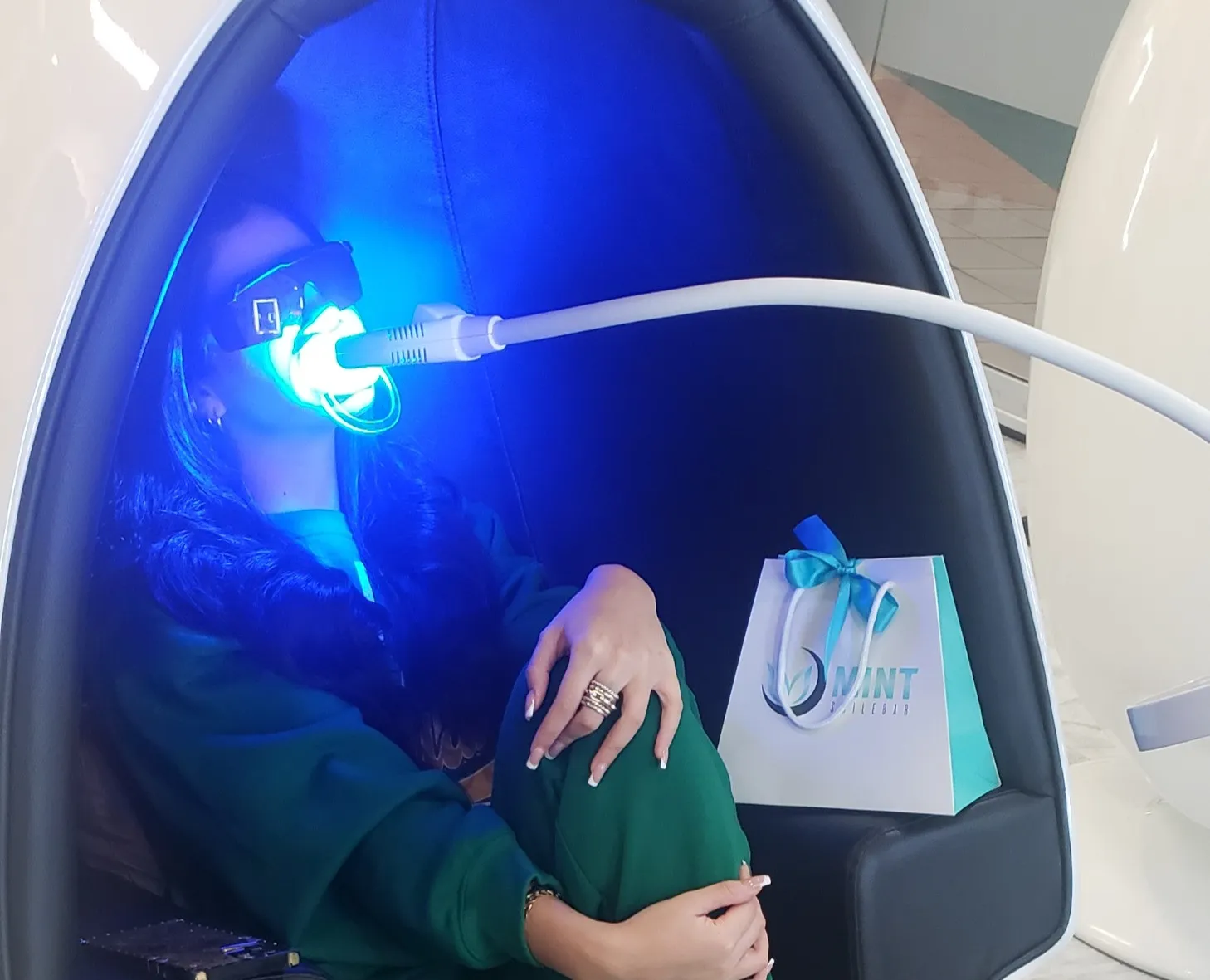
Maintaining a white smile after teeth whitening requires consistent care and attention. This includes following a regular oral hygiene routine, avoiding foods and beverages that can stain teeth, and attending regular dental check-ups. Consistent brushing and flossing help remove surface stains and prevent the accumulation of plaque. Limiting the consumption of staining foods, such as coffee, tea, red wine, and berries, can prolong the whitening results. Regular visits to the dentist for professional cleanings and touch-up treatments will also help maintain your bright smile. Understanding the maintenance requirements will help you plan for the long-term costs and ensure that you enjoy the benefits of your teeth whitening treatment for as long as possible. Taking good care of your teeth and gums is also an essential aspect of keeping your smile healthy and bright.
Post-Whitening Care
Following proper post-whitening care is critical for preserving the results of your teeth whitening treatment and minimizing sensitivity. Your dentist will provide specific instructions, which may include avoiding staining foods and beverages for a certain period, using a desensitizing toothpaste, and maintaining a strict oral hygiene routine. Avoiding foods and drinks that can stain your teeth, such as coffee, tea, red wine, and dark-colored juices, will help prevent new stains from forming. Using a desensitizing toothpaste can help reduce tooth sensitivity, a common side effect of whitening. Following your dentist’s recommendations, including using the right products, and adhering to their advice on post-treatment habits, such as avoiding smoking, will contribute to a successful whitening experience. Regular dental check-ups also play a vital role in monitoring and maintaining the results.
Tips for Long-Lasting Results
Several tips can help you prolong the results of your teeth whitening treatment. Regularly brushing and flossing, avoiding smoking, and limiting the consumption of staining foods and beverages are essential habits. Consider using a whitening toothpaste and mouthwash to help maintain the brightness of your teeth. Schedule regular dental check-ups and cleanings to address any potential stains or discoloration. Using a straw when drinking beverages that can stain your teeth can also help minimize contact with the enamel. By following these simple tips, you can enjoy a brighter, whiter smile for an extended period. Implementing these habits in your daily life will help ensure that you make the most of your investment in teeth whitening.
Cost Comparison and Where to Start
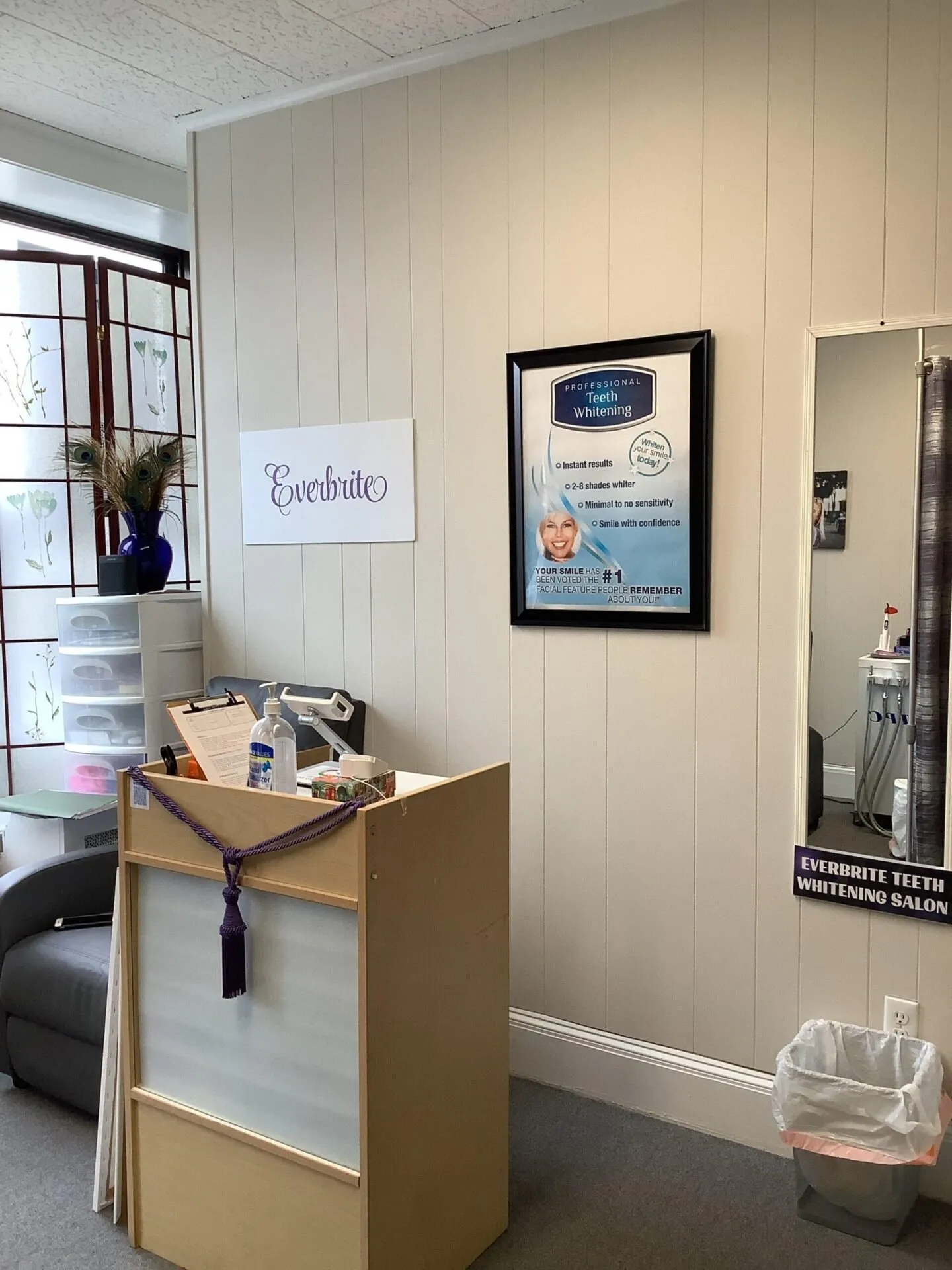
When considering teeth whitening in NJ, it is advisable to compare costs from different dental practices to ensure you get the best value for your money. Start by researching local dentists and checking their reviews and ratings. Get consultations from several dentists to discuss your options, ask questions, and obtain detailed cost estimates. Compare the prices for the various types of treatments available, taking into account factors such as the dentist’s experience, the technology used, and the quality of the materials. Asking about payment plans or financing options can make the treatment more affordable. Once you have gathered all the necessary information, you can make an informed decision that suits your budget and meets your expectations. This comparative process helps you to find the best balance between cost, quality, and service, leading to a brighter, more confident smile. Do not hesitate to ask about all costs and services included.
Finding a Dentist in NJ
Finding a qualified dentist in New Jersey is crucial for a successful teeth whitening experience. Begin by researching local dentists in your area and checking their credentials, experience, and reviews. Look for dentists specializing in cosmetic dentistry and teeth whitening procedures. Check online directories and review sites to gather information about potential dentists, and look for patient testimonials to gauge their reputation and the quality of their work. Schedule consultations with several dentists to discuss your options, assess their expertise, and get a feel for their practice. During the consultation, ask questions, clarify any concerns, and discuss the costs and treatment plan. Make sure the dentist is a good fit for your needs and preferences. A qualified dentist can offer the best advice and ensure the success and safety of the teeth whitening procedure. Choosing a dentist who is knowledgeable, experienced, and dedicated to providing excellent patient care will help you achieve the desired results.
